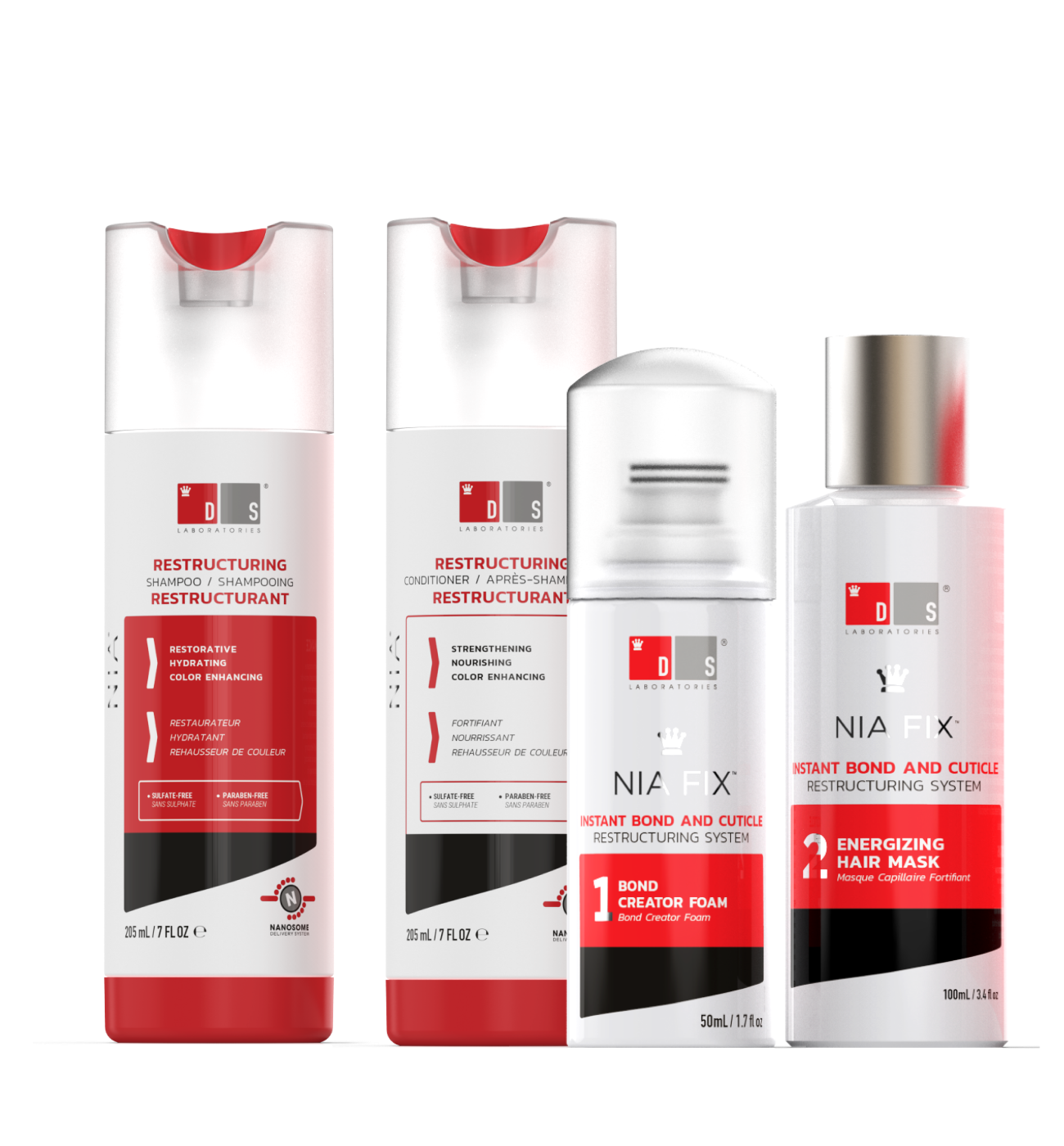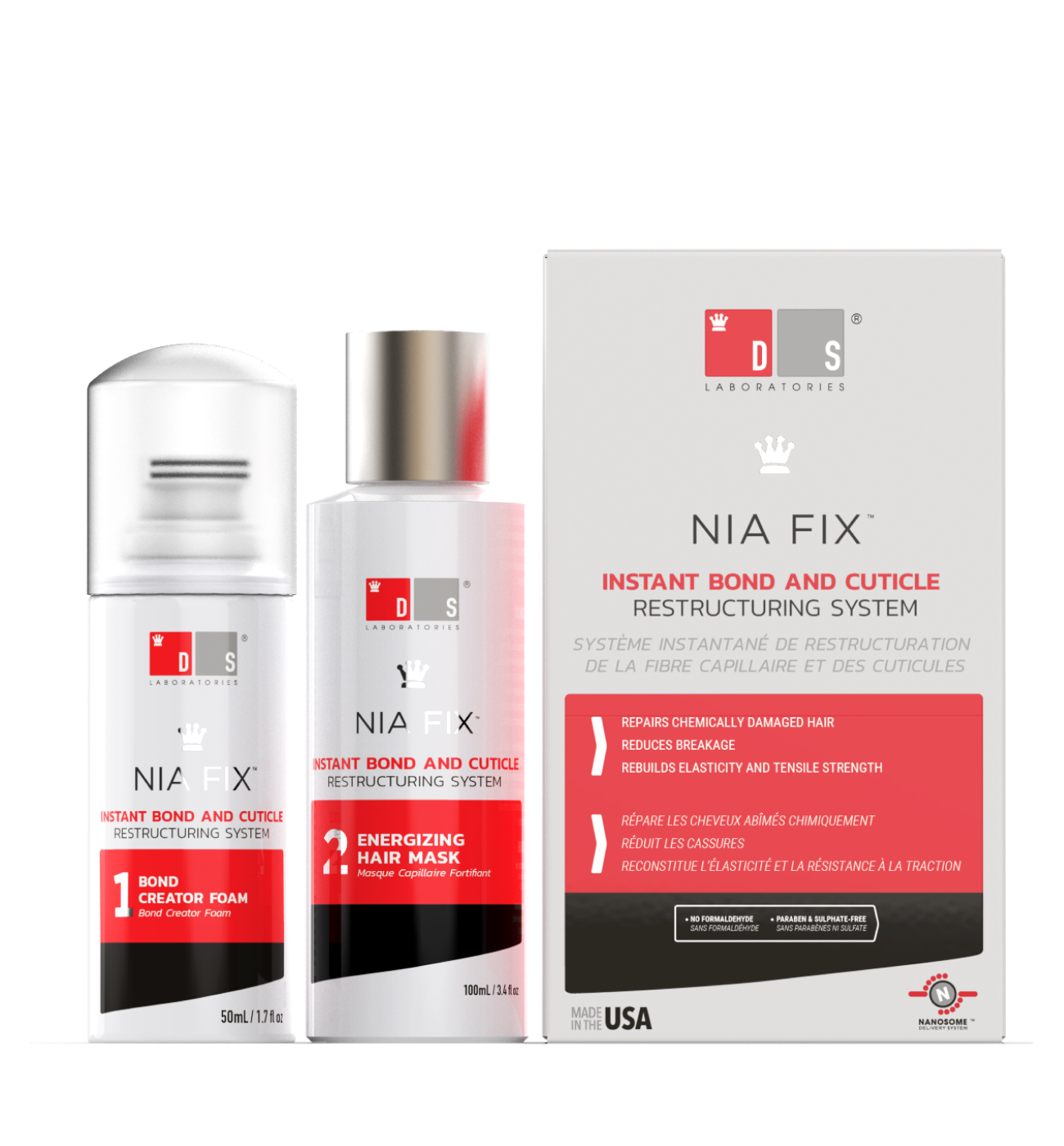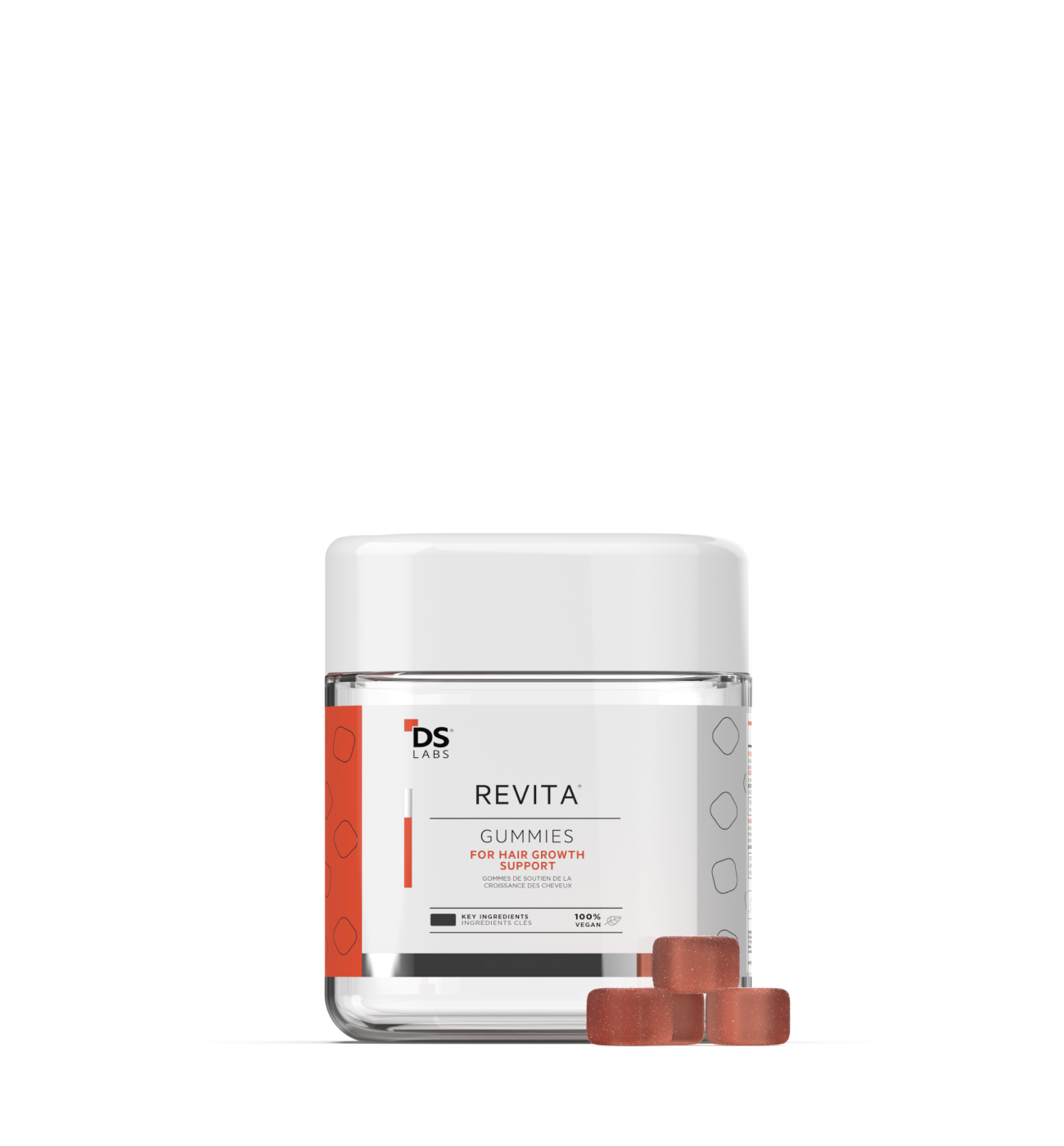After you wash your hair, you expect bouncy curls—or slick hair for the straight-hair girlies—all day.
Unfortunately, that’s not always what happens.
We carefully align our wash days with our going-out days, only to be left with so much frizz when the strands dry.
What Is Frizzy Hair?
Frizzy hair is, to put simply, the bane of our existence.
Now that we’ve had the time to be dramatic, let’s look at the textbook definition.
Frizzy hair happens when individual hair fibers do not align with their neighboring strands and go in different directions. This phenomenon causes the hair to appear fuzzy and gives it an irregular texture.
Unfortunately, this problem worsens once you get your hair wet and then dried.
Why Your Hair Gets Frizzy When It Dries: 7 Possible Reasons and How to Combat them
Frizz, which occurs at a microscopic level, happens when dry and damaged strands absorb too much water.
Here are some reasons that contribute to the breakage of hydrogen bonds, which exacerbates dryness and causes frizz:
You’re Brushing Your Hair When It’s Wet
Your hair is at its weakest when wet, making it more prone to breakage and split ends. And when you detangle damp hair to remove clumps and mats, you’re also effectively removing the definition of your textured hair.
To maintain the beauty of your strands while minimizing frizz, use your fingers to brush your hair in the shower. Do this after you apply a conditioner for quick and easy detangling. This will minimize breakage and allow you to style your hair as you please.
You’re Over-Styling
Heat-styling tools like flat irons and blow dryers are great for taming hair and making it look sleek and shiny. However, using them too frequently can dry out your hair and cause frizz and damage.
To prevent this, restrict their use to special occasions. Additionally, take the low and slow approach to heat or blow settings.
You should also:
- Coat the hair with heat protectants before heat styling. It will create a barrier between your hair and the heat, sealing moisture and fending off frizz.
- Incorporate a hydrating conditioner in your routine to maintain moisture.
Remember, chemical treatments damage the hair cuticle. Do not use styling tools on dyed or color-treated hair—they can destroy hair proteins, aggravating brittleness and breakage.
You’re Over-Washing Your Hair
While there is no blanket recommendation on how often one should wash their hair, it shouldn’t be done every single day. Daily washing strips your hair of its natural oils, which can cause your hair follicles to stay open. This leads to dry hair and aggravates the frizz problem.
You’re Not Cutting Off Your Dead Ends
Damaged hair strands—typically located at the bottom of your hair—push away from other strands, causing frizz. As this cannot be reversed or fixed, you can get a trim every 6 to 8 weeks to cut your damaged ends and eliminate frizz. This ensures the damage will not work up to the rest of the strand.
We also recommend giving your freshly-cut hair some TLC with moisture masks, as dryness is why your hair becomes weak and prone to splitting in the first place.
You’re Not Giving Your Strands Enough Moisture
Dryness is the #1 reason for frizz, so it’s essential to address it. To restore moisture in your cuticle and hair:
- Apply a moisturizing, hydrating, or smoothing hair conditioning mask weekly.
- Use a leave-in conditioner to nourish the hair strands and lock in moisture.
Check the ingredients before purchasing a conditioner, as some of them are big-time moisture-suckers that will make the problem worse.
You’re Towel-Drying Your Hair
Towel-drying your hair can rough up the cuticle, creating tons of frizz. To avoid that, you could blot (and not rub) your hair with a -T-shirt to suck out as much water as possible.
Better yet, just air dry. It is much less abrasive on your hair, which reduces overall damage, not just frizz.
Note that not all towels are created equal. Microfiber towels are made with lightweight material that removes excess moisture without any frizz.
The Environment May Be to Blame
Humidity can cause the hair cuticles to open up, leading to roughness, frizz, and breakage. It’s especially bad for those with dry hair, as the stands draw moisture from the environment, causing the cuticle to swell.
This excess moisture can put your hair through hygral fatigue, which could, over time, cause your hair to lose its shape and become frizzy and brittle.
In Conclusion
Frizzy hair is either a product of hair damage or humidity. To prevent it, start by restoring the lost moisture in your strands. Once that’s done, you can take a more conscious approach to your hair care, style, and chemical treatment regimens to revert your hair to its smooth and shiny glory.















